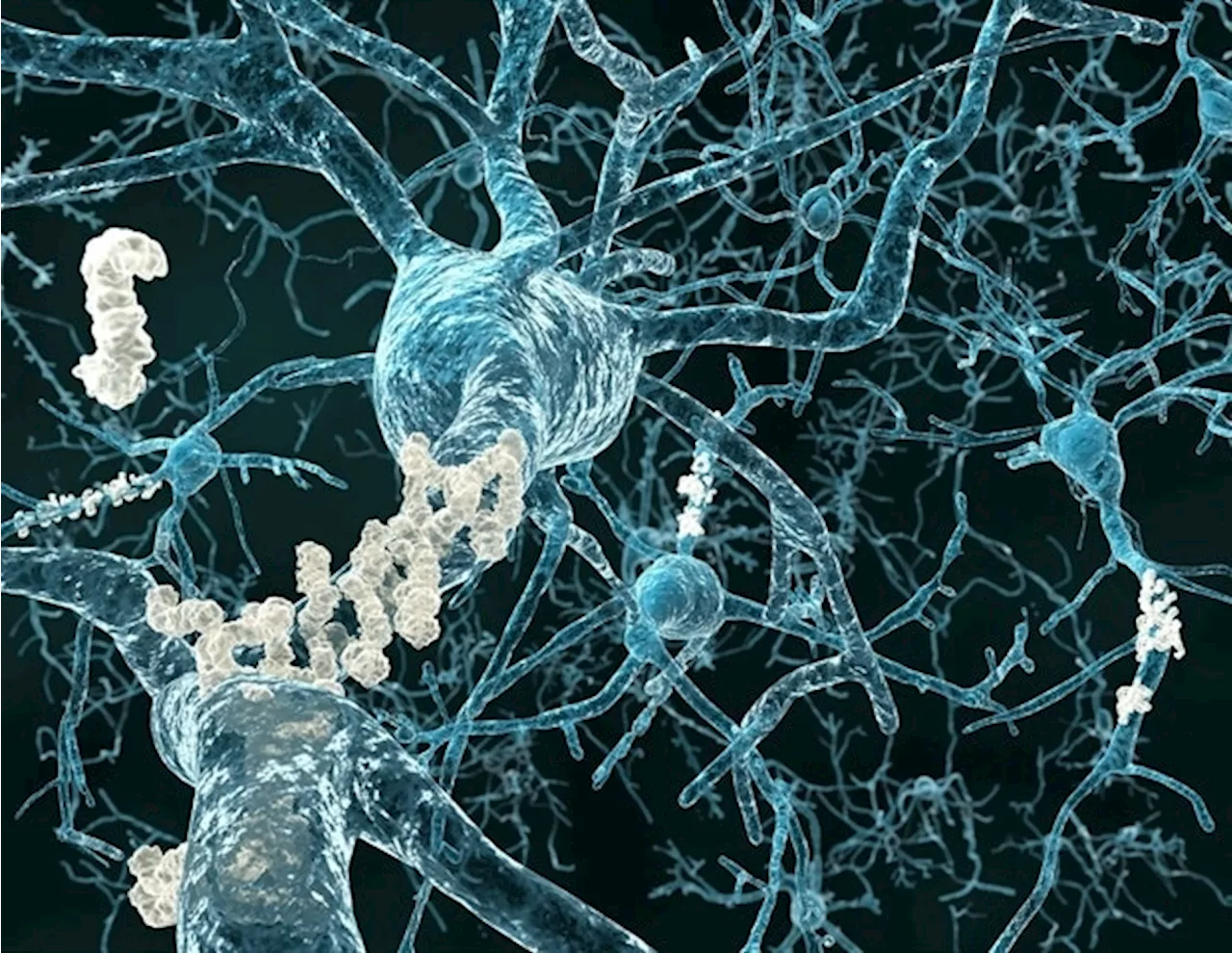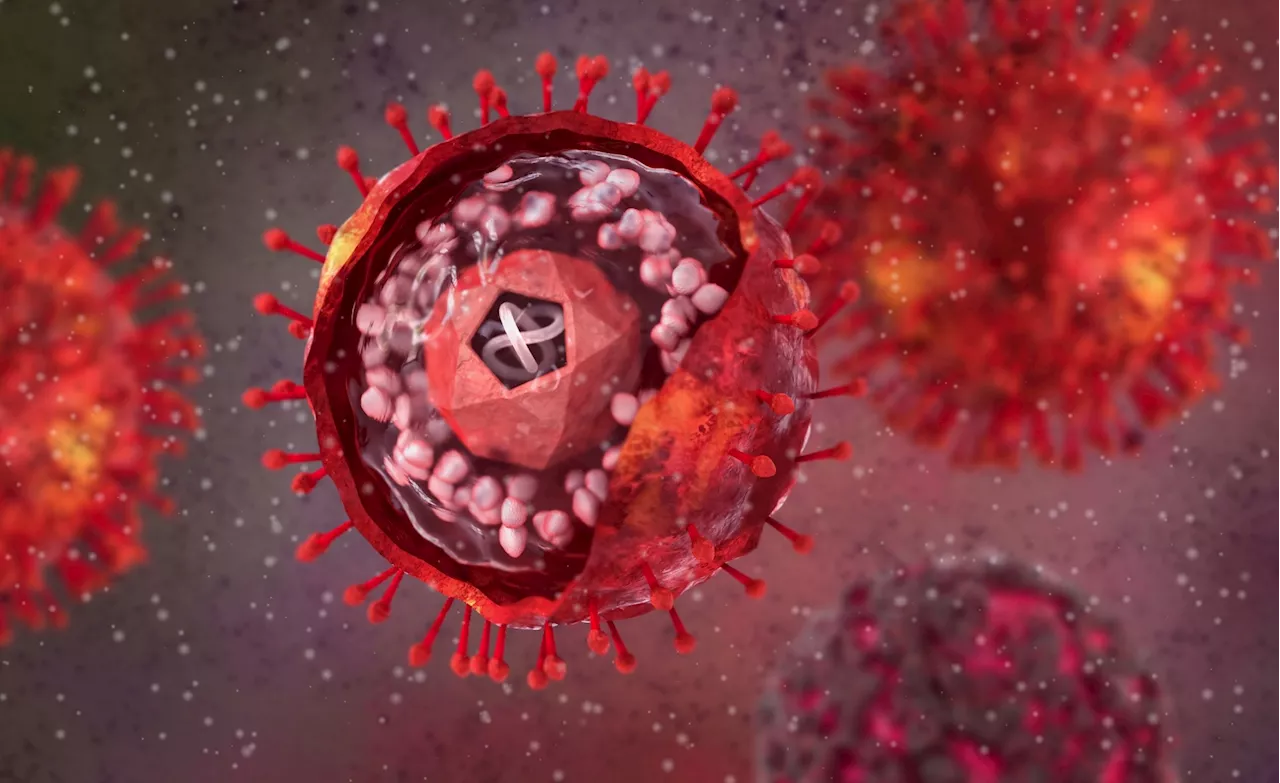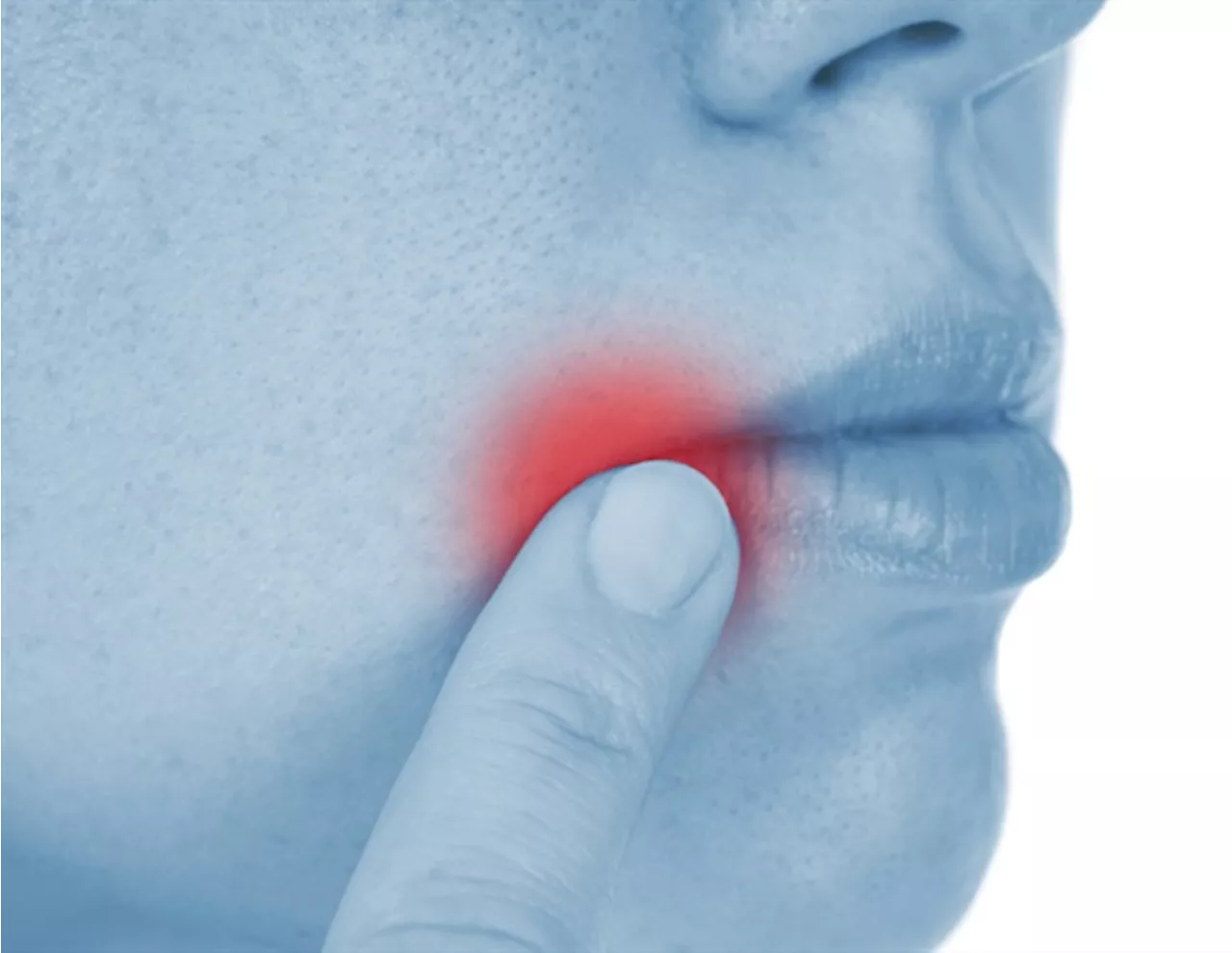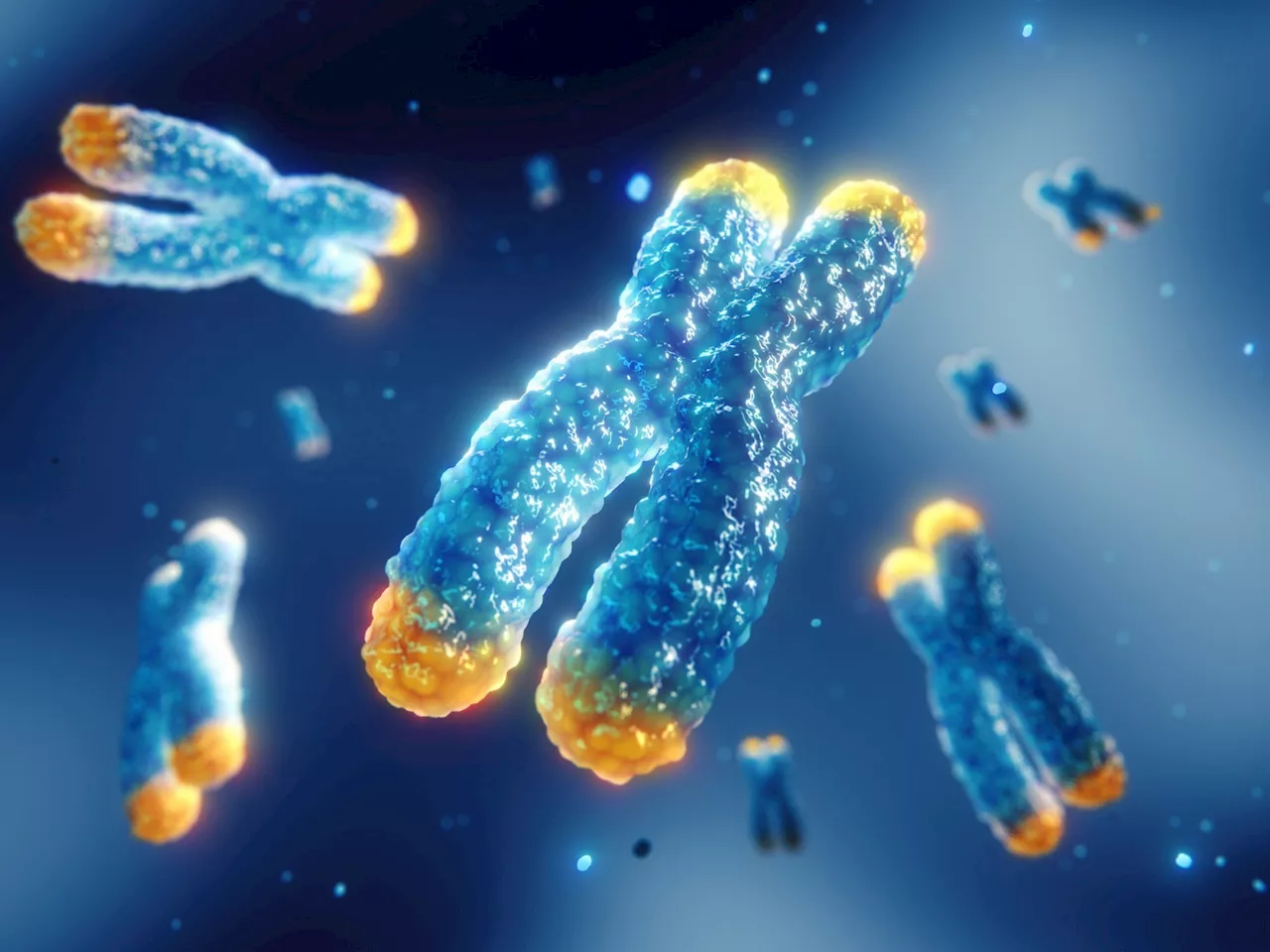A new study reveals a potential link between herpes simplex virus (HSV-1) and Alzheimer's disease. The research suggests that HSV-1 may accelerate neurodegeneration in individuals with Alzheimer's.
New research has revealed a worrying link between Alzheimer's disease and a common sexually transmitted infection ( STI ). The study, led by the Hebrew University of Jerusalem, used advanced technologies to identify 'HSV-1 related' proteins in the brains of individuals with Alzheimer's . These proteins are specifically associated with herpes - a virus spread through vaginal, anal and oral sex that can cause a range of uncomfortable symptoms.
Alarmingly, the team discovered that the STI could potentially cause 'more harm' and 'accelerate neurodegeneration' among people with Alzheimer's. This is particularly concerning given that seven out of every 10 people have contracted the herpes virus by the age of 25 in the UK, according to NHS statistics. Lead author, Dr Or Shemesh, explained: 'Our research shows how HSV-1 interacts with the brain and influences the pathologies of Alzheimer’s disease. 'Early on, the changes in tau may protect brain cells by limiting the virus, but as the disease advances, these same changes could lead to more harm and accelerate neurodegeneration.' While further research is required to fully understand why this is, Dr Shemesh's findings suggest that immune system responses may be linked with cognitive decline. At present, there are no known cures for either Alzheimer's or herpes, although various treatments and medications can alleviate symptoms of both. Alzheimer's is the most common form of dementia, characterised by a decline in brain function, while herpes typically presents more physical symptoms. These can include small blisters around the genitals, mouth, thighs, anus or bottom, tingling around the genitals, pain when urinating and unusual discharge. The NHS explains: 'Go to a GP or sexual health clinic if you've been diagnosed with genital herpes and need treatment for an outbreak. 'Antiviral medicine may help shorten an outbreak by 1 or 2 days if you start taking it as soon as symptoms appea
Alzheimer's Herpes STI Neurodegeneration Health
United Kingdom Latest News, United Kingdom Headlines
Similar News:You can also read news stories similar to this one that we have collected from other news sources.
 Gut Infection Linked to Alzheimer's Disease in SomeResearchers at Arizona State University and Banner Alzheimer's Institute have discovered a potential link between a chronic gut infection caused by cytomegalovirus (HCMV) and the development of Alzheimer's disease in a subset of people. The virus, which most humans are exposed to early in life, may remain active in the gut and travel to the brain via the vagus nerve, potentially changing the immune system and contributing to Alzheimer's-related changes. The researchers are developing a blood test to identify people with active HCMV infections who might benefit from antiviral medication.
Gut Infection Linked to Alzheimer's Disease in SomeResearchers at Arizona State University and Banner Alzheimer's Institute have discovered a potential link between a chronic gut infection caused by cytomegalovirus (HCMV) and the development of Alzheimer's disease in a subset of people. The virus, which most humans are exposed to early in life, may remain active in the gut and travel to the brain via the vagus nerve, potentially changing the immune system and contributing to Alzheimer's-related changes. The researchers are developing a blood test to identify people with active HCMV infections who might benefit from antiviral medication.
Read more »
 Herpes infections soar globally as new study reveals massive disease burdenGlobal estimates of HSV-1 and HSV-2 reveal a staggering disease burden, with 42.4 million new genital herpes cases and 8.8 billion GUD person-days in 2020, underscoring the urgent need for improved prevention strategies.
Herpes infections soar globally as new study reveals massive disease burdenGlobal estimates of HSV-1 and HSV-2 reveal a staggering disease burden, with 42.4 million new genital herpes cases and 8.8 billion GUD person-days in 2020, underscoring the urgent need for improved prevention strategies.
Read more »
 Herpes infections affect 846 million people worldwideAround 846 million people aged between 15 and 49 are living with genital herpes infections – more than 1 in 5 of this age-group globally – according to new estimates released today.
Herpes infections affect 846 million people worldwideAround 846 million people aged between 15 and 49 are living with genital herpes infections – more than 1 in 5 of this age-group globally – according to new estimates released today.
Read more »
 Study reveals evidence of 22 viruses in human semen post-infectionThis study uncovers the persistence of 22 viruses in human semen, emphasizing the need for updated public health strategies and insights into fertility impacts.
Study reveals evidence of 22 viruses in human semen post-infectionThis study uncovers the persistence of 22 viruses in human semen, emphasizing the need for updated public health strategies and insights into fertility impacts.
Read more »
 X-chromosome study reveals hidden genetic links to Alzheimer’s diseaseA groundbreaking study explores the overlooked X-chromosome’s role in Alzheimer’s disease, revealing seven genetic loci linked to neurodegenerative decline and cognitive reserve.
X-chromosome study reveals hidden genetic links to Alzheimer’s diseaseA groundbreaking study explores the overlooked X-chromosome’s role in Alzheimer’s disease, revealing seven genetic loci linked to neurodegenerative decline and cognitive reserve.
Read more »
 Mouse study links glyphosate to Alzheimer's-like brain changes and anxietyGlyphosate exposure in mice exacerbates Alzheimer's-like neuropathologies, increases neuroinflammation, and leaves lasting effects, even after prolonged recovery.
Mouse study links glyphosate to Alzheimer's-like brain changes and anxietyGlyphosate exposure in mice exacerbates Alzheimer's-like neuropathologies, increases neuroinflammation, and leaves lasting effects, even after prolonged recovery.
Read more »
